When searching for a job a lot of emphasis is placed on your CV and the technical skills you bring to the role however while your CV may get you in the door, it's your soft skills that will get you across the finish line. These interpersonal abilities can set you apart and boost your chances of landing a role. Here’s what soft skills are, why they matter, and how to leverage them in your job search.
What are soft skills?
Soft skills are non-technical abilities that influence how you work with others and navigate the workplace. Unlike specific technical skills, they’re transferable across roles and industries. Key soft skills include:
- Communication: Clear expression and active listening
- Teamwork: Collaborating effectively with others
- Adaptability: Being flexible and open to change
- Problem-solving: Finding quick, creative solutions
- Time management: Organizing tasks efficiently
- Emotional intelligence (EQ): Managing emotions and empathizing with others
Why soft skills matter:
- Employers Prioritize Soft Skills
Many employers value soft skills as highly or even more so than technical skills because they impact collaboration, leadership, and workplace dynamics. I've heard time and time again from hiring managers that technical skills can be taught on the job but soft skills are not so easily acquired.
- Adaptability in a Changing Workplace
With rapid changes in technology and remote work, adaptable employees are in high demand. Even the oldest institutions are becoming more and more agile in their workplace approaches, candidates with strong soft skills have a clear advantage in a fast paced and dynamic environment.
- Building Strong Workplace Relationships and Foster Culture
Soft skills like communication and teamwork help you build strong connections with colleagues and clients. With workplace culture being a key contributor to attracting and keeping great talent, managers are increasingly prioritising candidates that have the charisma and charm to work harmoniously within their team.
How to leverage soft skills in your job search
- Highlight them with a story
When it comes to Soft Skills nothing portrays them better than a story. Make sure you're leveraging your CV and interview to extrapolate specific examples of when your soft skills saved the day. For example rather than saying "I collaborated cross-functionally to ensure delivery of the project" instead say "I spent time with each stakeholder to better understand their concerns while also communicating the benefits of our project ensuring that all parties were onboard and committed to delivery"
- Utilise your soft skills on an Interviewer
During interviews do your best to build rapport and make the hiring manger feel seen. This can be done in lots of ways like; leveraging their LinkedIn to ask about their personal experience, bonding over common experiences/interests, being curious and inquisitive and asking them questions about themselves and keeping the conversation positive.
- Leverage LinkedIn
Use platforms like LinkedIn to show communication and relationship-building skills by engaging professionally with your network. Always send a connection request to your interviewer ahead of your interview and ensure you're engaging with your network frequently.
- Tailor Soft Skills to the Job Description
Match your soft skills to the specific traits listed in the job description, emphasizing qualities specifically relevant to the team. For example in a role where you're an individual contributor you might highlight experiences where you've used your charisma to build rapport with external stakeholders. In contrast if you were going for a team-based role you might highlight how your interpersonal skills make you an invaluable resource when working on group projects.
Conclusion
Soft skills are a big deal when it comes to job hunting. Highlighting these abilities on your résumé, in interviews, and even on social media can really set you apart. At the end of the day, it's not just about your technical skills, employers are looking for people who can communicate, adapt, and work well with others. So, while your hard skills might get you in the door, it’s your soft skills that will seal the deal and help you thrive in the long run.



